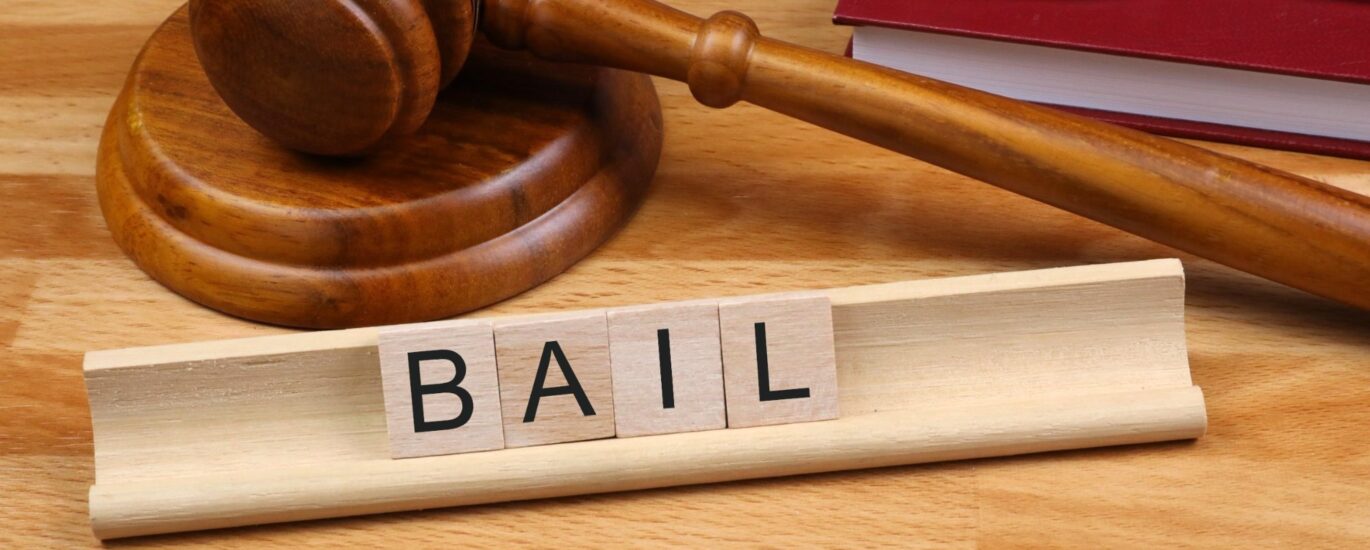



Facing legal charges can be stressful, and the period before a trial often raises concerns about personal freedom. Bail provides a legal mechanism to allow an accused person to remain out of custody while awaiting court proceedings, balancing the rights of the individual with the interests of justice.
Bail is a temporary release granted by a court, usually on payment of a sum of money or by providing a guarantee, ensuring that the accused appears for trial and complies with legal obligations. It acts as a safeguard against unnecessary detention while maintaining the integrity of the judicial process.
Regular Bail: Granted by the court after charges are filed.
Anticipatory Bail: Sought before an arrest to prevent unlawful detention.
Interim Bail: Temporary relief until a final bail decision is made.
Preserves Personal Freedom: Ensures the accused can continue daily life while awaiting trial.
Maintains Presumption of Innocence: Allows fair treatment until proven guilty.
Supports Legal Preparation: Provides time to gather evidence and legal counsel.
Reduces Overcrowding: Helps manage detention facilities efficiently.
Bail is a cornerstone of the justice system, safeguarding individual liberty while ensuring accountability. Understanding its procedures and rights enables individuals to navigate legal challenges confidently and effectively, securing freedom without compromising the course of justice.